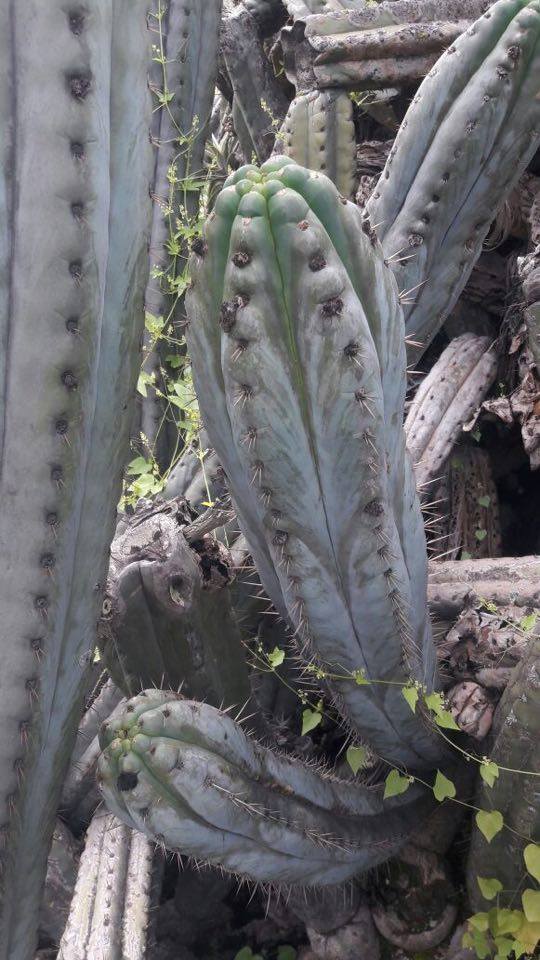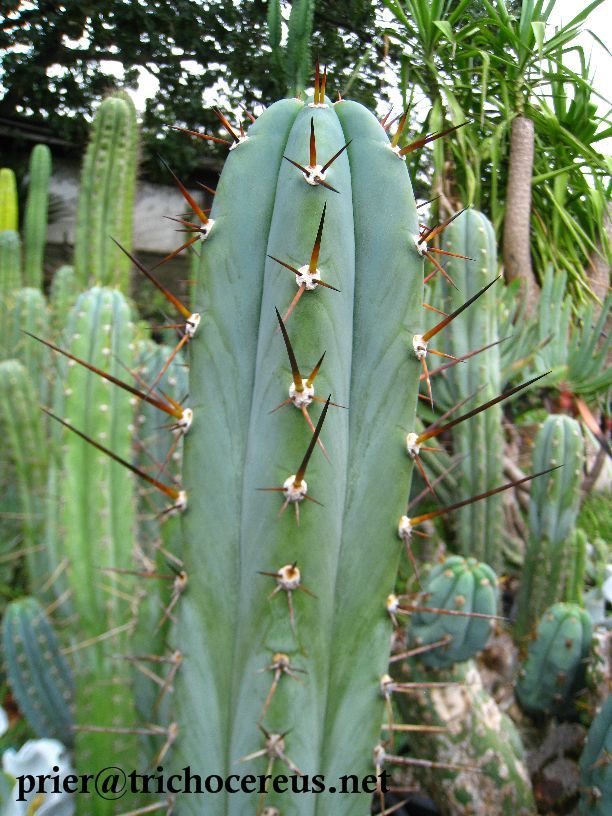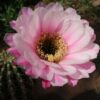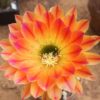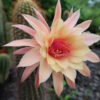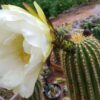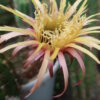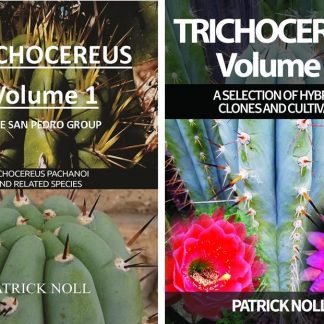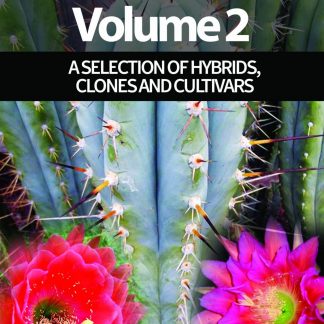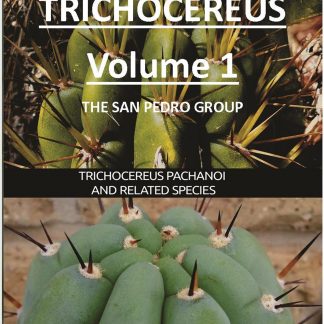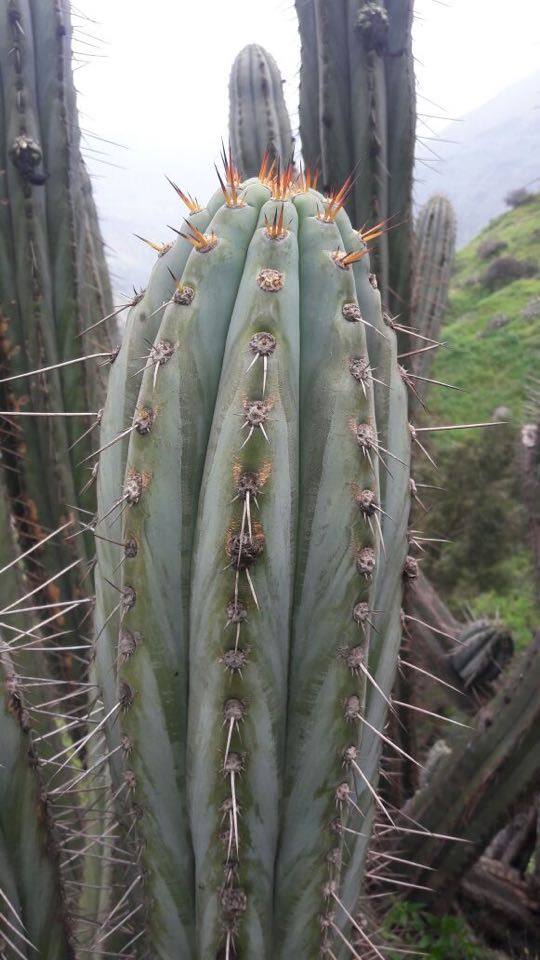
Trichocereus macrogonus, also known as Echinopsis macrogona, is a columnar cactus. The first description about it was made using the name Cereus macrogonus SD. Cact. Hort. Dyck.Cult. Currently valid name name: Echinopsis macrogona, the name is disputed by some authors and re-described as Trichocereus macrogonus by others. The whole genus Trichocereus is currently being revised…

